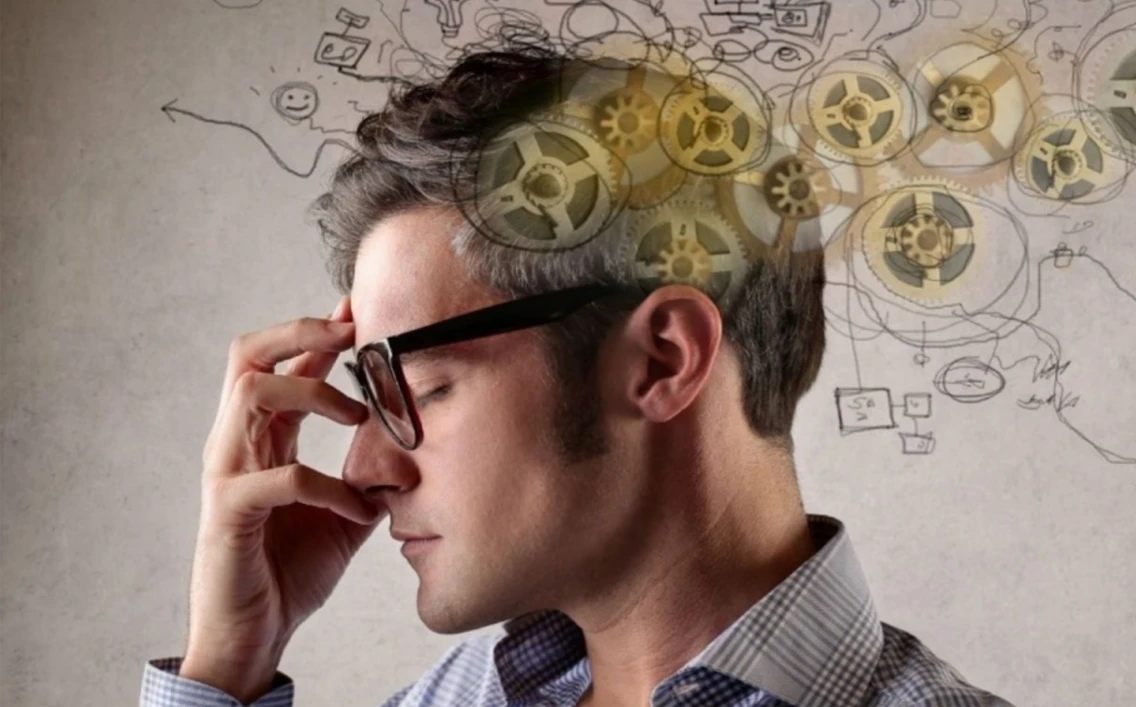As people age, they tend to take care of their bodies but often neglect their brain health. But just as different parts of one’s body can atrophy, so can the brain. Luckily, recent research has given us an understanding of what we can do to protect our memory. These ideas range from nutritional basics and supplements to hobbies, exercise, game suggestions and more.
Playing strategy games at Uptown Pokies is one way to boost your brain activity, but let’s look into what the most recent research tells us about how to maintain and even improve memory.
Losing Memory
Over time our bodies lose muscle. That is true for muscle in all parts of the body including in the brain. The brain’s cognitive reserve is impacted as well. Over the years we can expect to experience neurological damage due to aging and this can be experienced by memory loss and general intellectual slowing.
Many people find that as they age, it’s harder for them to perform mental tasks. But the good news is that ongoing research shows that just as weight workouts help people add muscle and retain muscle, mental “workouts” perform the same task for your brain’s cognitive reserve.
A 2013 study published in PLOS ONE and reported by the National Library of Medicine, Healthy lifestyles reduce the incidence of chronic diseases and dementia: evidence from the Caerphilly cohort study has demonstrated that people who participate in a cross-section of memory-building behaviors reduce their risk for dementia significantly.
Behaviors examined included maintaining a healthy BMI, no-smoking, high intake of fruits and vegetables, low to moderate alcohol intake and regular physical activity. Sixty percent of participants who maintained four or five of these behaviors were found to be less likely to develop dementia or cognitive impairment.
ABCs of Brain Health
Robert Bender, MD, medical director of the Johnny Orr Memory Center and Healthy Aging Institute in Des Moines, Iowa is a big proponent of taking the initiative to guard brain health. “When the brain is passive, it has a tendency to atrophy,” says Dr. Bender.
You want to give your brain its own workout routine. Brain-training software does not seem to bear results (in 2014 Australian researchers found that these types of computerized cognitive training activities don’t improve brain performance) but real-world activities that offer novelty and challenge do.
David Eagleman, PhD, neuroscientist and assistant professor at Baylor College of Medicine in Houston, Texas says “Almost any silly suggestion can work. Drive home via a different route; brush your teeth with your opposite hand. The brain works through associations so the more senses you involve the better.”
John E. Morley, MD, director of St. Louis University’s Division of Geriatric Medicine and author of The Science of Staying Young offers the following suggestions:
- Create activities that test your recall – try to remember lyrics to songs, make lists of things to do or items to buy, and then try to remember what you wrote. Great task for mental stimulation.
- Learn a musical instrument or a foreign language to stimulate the brain.
- Do math in your head
- Learn new cuisine – a good activity that combines multiple senses, each of which involves a different part of the brain. Alternately, try to identify individual ingredients in your meal when you eat, especially herbs and spices
- Engage in eye-hand coordination activities that involve fine-motor skills…..knitting or crocheting, drawing, doing a puzzle, painting, etc.
Food
The National Institute on Aging writes “Many studies suggest that what we eat affects the aging brain’s ability to think and remember.”
The NIA suggests the Mediterranean diet which emphasizes whole grains, legumes, fruits, vegetables, nuts, fish, poultry and other seafood along with unsaturated fats including olive oil. Red meat, eggs and sweets should be limited in this diet. The NIA notes that high blood pressure has been shown to be a risk factor for Alzheimer’s disease and the Mediterranean diet is helpful in reducing high blood pressure.
The NIA writes, “Two recent studies suggest that, as part of this diet, eating fish may be the strongest factor influencing higher cognitive function and slower cognitive decline. In contrast, the typical Western diet increases cardiovascular disease risk, possibly contributing to faster brain aging….. An analysis of diet and other factors found that, after an average of 4.5 years, people who adhered most closely to the MIND (Mediterranean Intervention for Neurodegenerative Delay) diet had a 53% reduced rate of Alzheimer’s disease compared to those who did not follow the diet closely.”
The #1 food that was found to fight dementia is leafy greens. They include spinach and kale among others.
By the way, one element of the Mediterranean diet is 1 glass of wine a day!
What to Avoid
Foods to avoid in order to ward off dementia and Alzheimer’s include sugar, trans fats, grains that aren’t whole (white rice, flour, etc). Salt should be limited and wherever possible, salt substitute should be used. You should limit fried or fast food, cheese, red meat, pastries and butter as much as possible.

